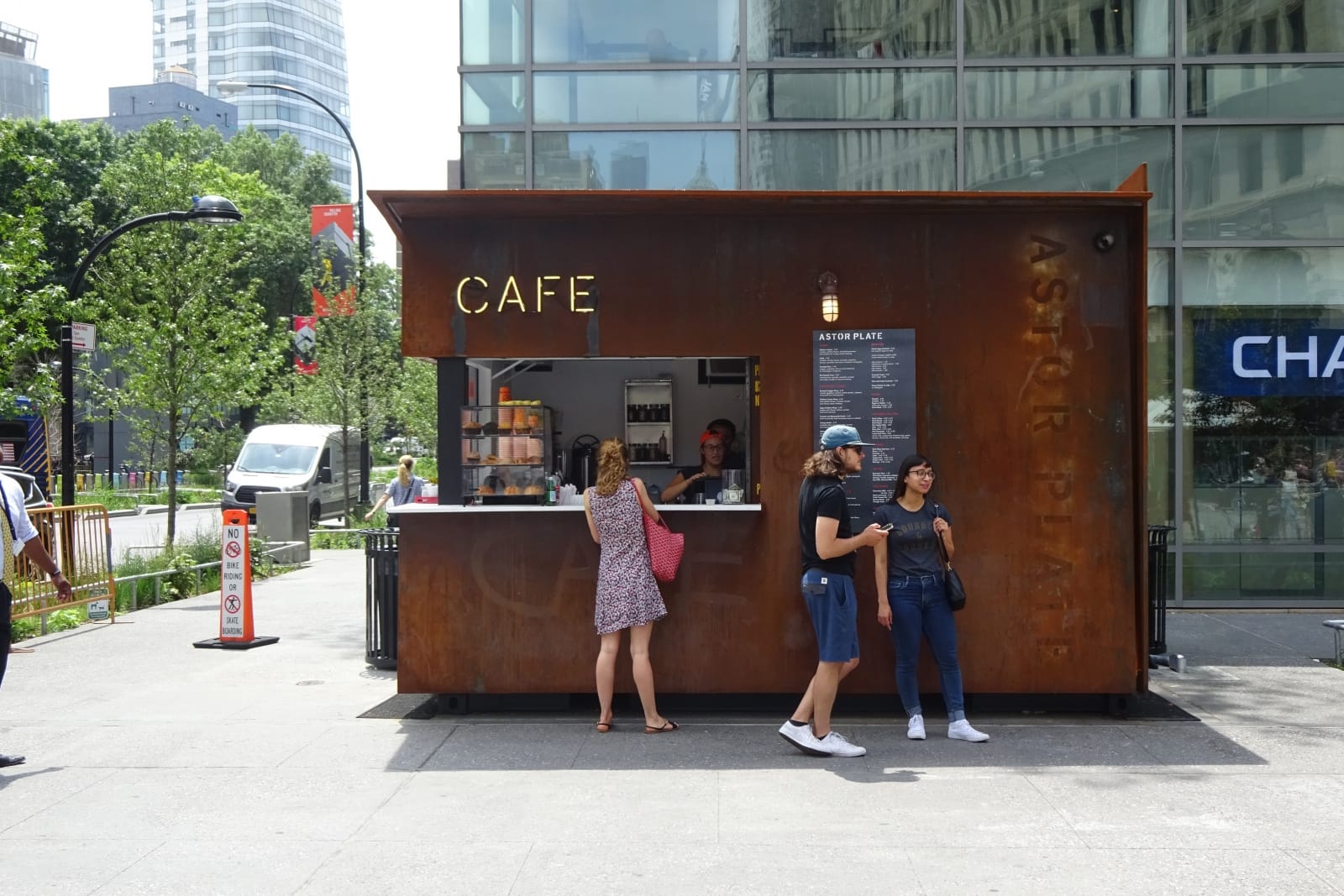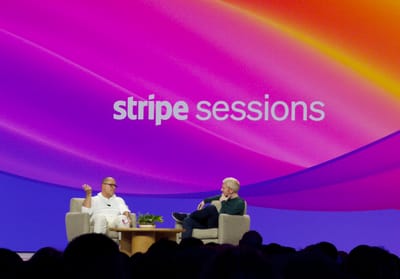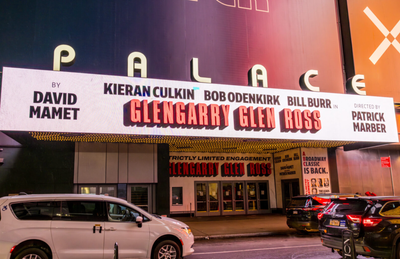The perils of a chain reaction

Our well-intentioned but misguided desires to root for the independents.
A couple of times a week I’ll walk with my wife to her subway stop before I head a few blocks uptown to my office on Union Square.
On the way to the subway is a Bluestone Lane coffee shop. Not long ago it was a plucky independent taking the start up plunge; now it’s successfully operating over 30 cafes and coffee shops.
Each time we consider heading in for a coffee, a pastry or an obligatory avocado toast there’s always a strange feel of quiet unease [1]
And no, it’s not that we’re fully immersed in the millennial trope of munching on smushed avocado in a Melbourne-styled cafe, opposite the Facebook office in downtown Manhattan. (Ok, maybe a little)
What pulls on us more is perhaps another despair our generation wrings its hands over.
This coffee shop company is a chain.
Does this mean it’s faceless, ignorant, careless, evil? Not necessarily. In fact, probably not.
But by virtue of us knowing it has more than one, two or three outlets, something changes. Our trust diminishes. It’s not a mast we want to nail our colours to.
We know Blue Bottle is backed by Nestle, that Sweetgreen has raised big investment money.
Does this make automatically the product worse or the experience less palatable? Unlikely.
But something shifts.
There are a few things that may be going on here. Here a couple of them.
First off is likely some virtue signalling: advocating for the underdog and shunning what we perceive as the rich and privileged, even if we know little about the actual operations of the business.
Second is what Rory Sutherland (via a study by Richard Thaler) refers to as Acquisition Utility. Simply put, we adjust the value of something (and what we’ll pay for it) depending on where we acquire it.
Rory uses the example of a friend buying us a cold bottle of Heineken on a hot day at the beach. What we pay varies wildly depending on whether a friend tells us the beer is available from a beach shack or a boutique hotel. Same beer, same thirst quenching effect, and in this case no one around to even see where we got it from. You can guess which one people will pay more for.
Compared to some cities, New York has an incredible range of independent outlets, especially in food & beverage.
I’m not sure whether our reactions to perceived chains is tempered or amplified by this, but it feels timely to consider given recent events in the UK.
As I write this, the British chef and entrepreneur Jamie Oliver has just announced his restaurant chain is on the brink of collapse.
It’s not reasonable to place the cause for this on just one thing, but could one of the contributors be a shift in perception from entrepreneurial independent outlet to faceless fast casual chain? Arguably it’s been at ‘chain’ status for a while, but when we’re starting to question our interest in a group that’s made up of 5 or 10 branches, how do we feel when a company gets to 30 or 50?
These perception shifts seem to show up most in hospitality and food & beverage, but I’m curious to observe where else we’ll see them have bigger effects. Perhaps even the Small Giants that Bo Burlingham writes about will be usurped by the one woman band, the two-man shack.
In the end, perhaps it comes down to trust, trends, and admitting we’re in fact pretty protective of our avocado toast.
[1] Instead we’ll usually drop by ‘Astor Plate’; a small cabin on the street that knocks out unglamorous fried egg muffins and treacly black coffee. I think it’s independent, but honestly – I have no idea.
No spam, no sharing to third party. Only you and me.






Member discussion